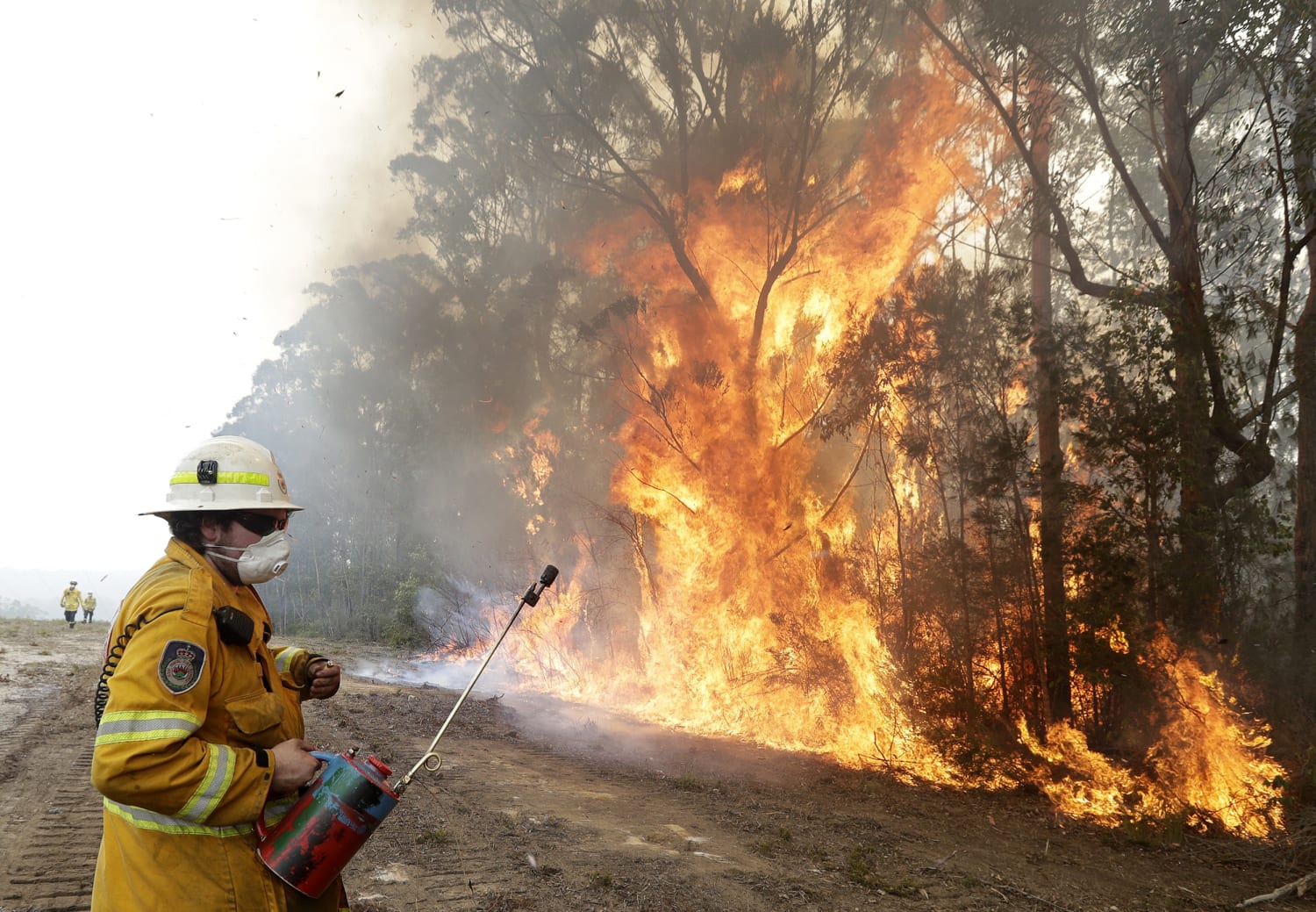Eastern Australia’s energy markets may resume normal operations within a week as more coal-fired power plants return to function and the cold snap ebbs, Kerry Schott, the former head of the Energy Security Board, said.
On Wednesday, the Australian Energy Market Operator (Aemo) suspended the national electricity market indefinitely for wholesale power after the regulator found it “impossible” to manage supply without ordering companies to resume generation.
Schott, who led the Energy Security Board (ESB) from its inception in 2017 until last October, said the suspension was a “good move”. Aemo staff had been calling generators to tell them to resume supplies, only to have others drop out of the market just as fast, she said.
As of Thursday, electricity supplies across the regions covered by the national grid – New South Wales, Queensland, Victoria, Tasmania, South Australia, and the ACT – appeared sufficient without requiring fresh appeals for residents to reduce load.
The main supply gaps were for Friday in NSW and Victoria. However, the resumption of three coal-fired power plants in Queensland and Victoria suggested those power pinches would also ease.
In a statement late on Thursday, Aemo said its forecast for reserve supply conditions “had improved across all [national energy market] regions”, including “markedly” in NSW after “close coordination with the NSW government and generators”.
Still, it was “too early to say when the market will resume normal operations” as challenges remain, including limited plant availability from faults or maintenance and “fuel costs and sourcing issues”.
More signs that the energy crisis was easing included warming weather for the next few days across much of Australia, where the start of winter has been the coldest in decades. Also promising was the return to service of three coal-fired power units – at Callide and Millmerran in Queensland and Yallourn in Victoria – according to the WattClarity website. Another at Bayswater in NSW was on the way.

“I wouldn’t expect [the market] suspension to last more than a week,” Schott said.
Not only were maintenance works bringing units back online, but coal supply problems that had hindered some plant operations, such as Eraring in NSW, were also improving, she said.
The energy squeeze prompted NSW to encourage residents to limit power use on Wednesday evening, while big users were paid to cut demand to avoid blackouts. The shortages will probably feature prominently during Friday’s national cabinet meeting.
The Victorian premier, Daniel Andrews, has already called for some of the gas produced in eastern states to be reserved for domestic use, much as it has in Western Australia since 2006.
“Our gas for our businesses, for our households – reserve what we need for us and then sell what we don’t need to the world,” Andrews told journalists. “It is just wrong – it makes no sense to me that households and businesses are competing against the world for something that’s ours.”
“There’s a thing called critical needs. A domestic gas reserve is a really good policy … Now, several big companies will probably not see it that way. But, again, are we about their interests, or are we about everyone’s, [the] public interest?”
Madeleine King, a spokesperson for the federal resources minister, said all options remained on the table.
Schott, though, cautioned against retrospective orders to preserve gas for local use. “It would cause people to break contracts, which is not on,” she said.
Sign up to receive an email with the top stories from Guardian Australia every morning.
Josh Stabler, managing director of Energy Edge, a consultancy, warned against creating a gas reservation because “it stops any possibility of a transition” of the fossil fuel.
“You’re going to have gas embedded in [WA’s] market for a very long time because it’s artificially cheap and stopping other investment in renewables or batteries,” Stabler said.
“This is probably one of the biggest market signals we’ve ever seen, both domestically and internationally,” he said. “The winners will not be gas – it will be renewbuttteries.”
AGL Energy, Australia’s biggest electricity generator, said it expected two of the three units offline at its 2640-megawatt Bayswater plant in the Hunter Valley to resume service soon. One may restart by Thursday and the other on Saturday.











